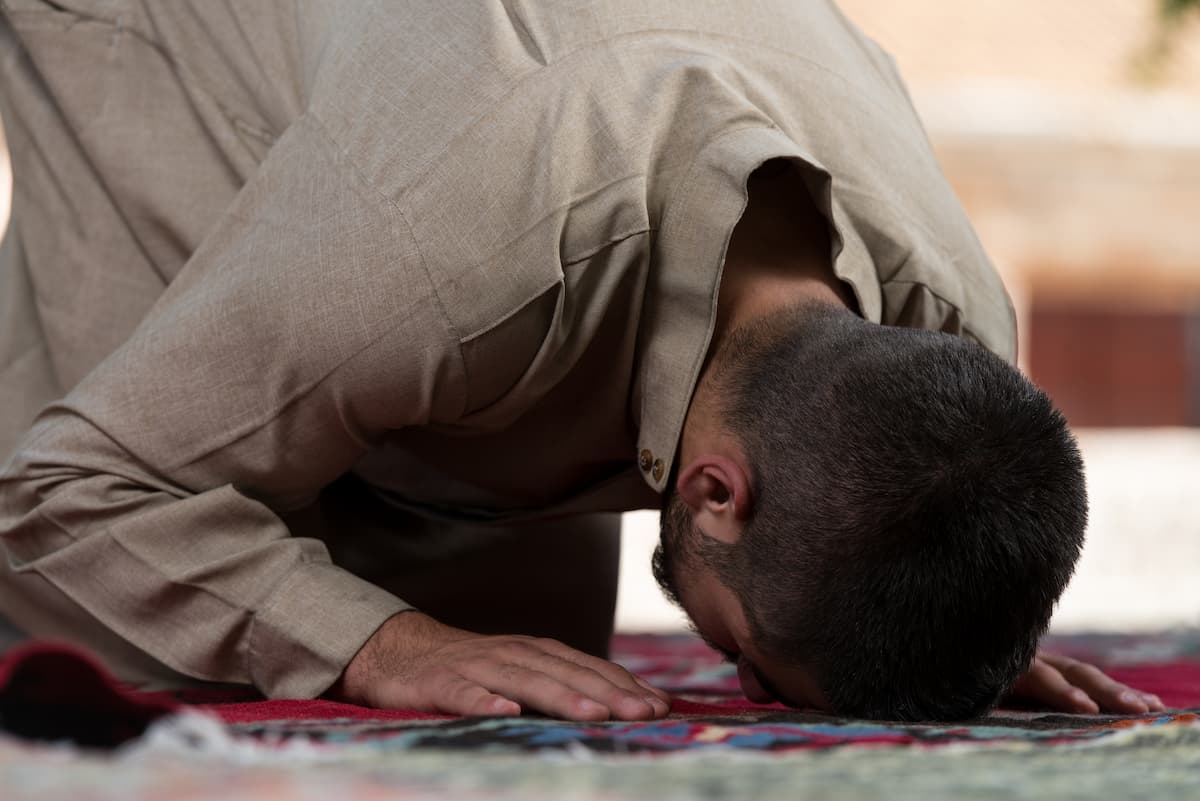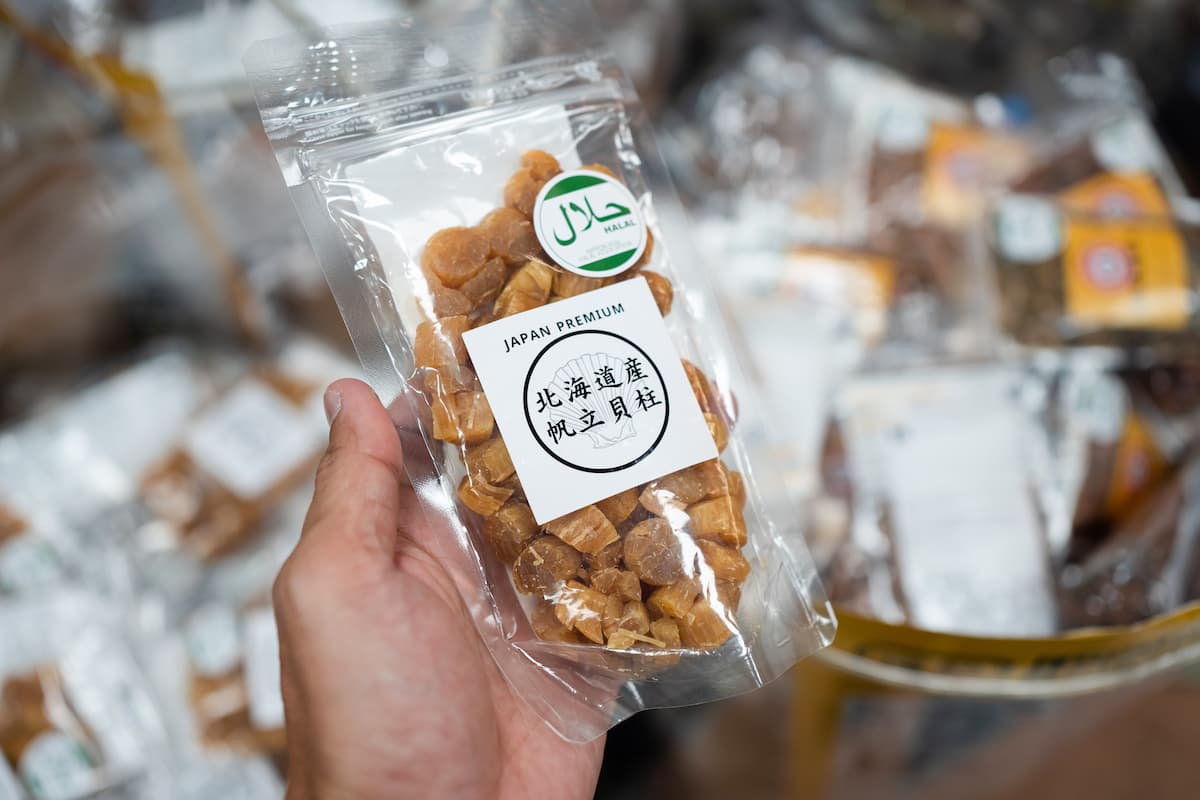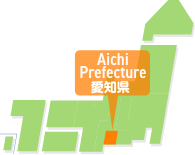Check out the points you need to know if you are a Muslim living in Japan

Hello, this is Kano from JAC (Japan Association for Construction Human Resources).
The population of Muslims practicing Islam is growing in Japan.
Additionally, in recent years, the number of Muslims visiting Japan for tourism, work, etc. has been increasing.
However, since there were not many Muslims in Japan to begin with, there are few Japanese people who know much about Islam.
This time, we will introduce things that Muslims should know in advance and measures to take in order to live comfortably in Japan.
How many people in Japan practice Islam?
Islam is one of the world's three major religions.
As of 2024, the world's Muslim population is approximately 1.9 billion.
The number of Muslims in Japan is estimated to be over 300,000.
However, this number includes both foreign Muslims with resident status and Japanese Muslims.
Interest in Islam is growing in Japan, and as of September 2021, there are more than 110 mosques in the country.
Things Muslims should know about living in Japan
Interest in Islam is growing in Japan, and the Muslim population is also increasing.
However, many Japanese people do not know much about Islamic culture, customs, and religious views.
Therefore, in order for Muslims to live comfortably in Japan, it is necessary for Japanese people to learn about Islam.
From here on, we will introduce some things that Muslims should tell their Japanese friends and coworkers and what measures they should take when living in Japan.
Food
Some Japanese people are unaware that there are foods, such as pork and alcohol, that are forbidden by religious beliefs.
When going out to eat together, it's a good idea to let them know in advance in detail what ingredients you can't eat, for example.
Other measures you can take include:
- Find out if there are any Halal restaurants or food options available
- Check what ingredients are in the food
- Check that you are not using cooking utensils that have come into contact with pork or alcohol.
- Bring something you made yourself
In Japan, the number of halal stores and foods is increasing, but they are still few in number.
Even in school or company cafeterias, be sure to ask in advance what ingredients are used in the dishes.
If you can't check or it's difficult to remove it from the food, you can also bring your own food.
However, please be aware that in most restaurants, bringing in food you have prepared yourself is prohibited.
You may bring your own chopsticks, spoons, forks, etc.
Ramadan
Few Japanese people know much about the Islamic holiday of Ramadan.
Here are some things to keep in mind about Ramadan:
- Something that happens once a year
- The period is about one month
- Not being able to eat or drink during the day
- You can eat and drink from sunset until sunrise the next day.
Since you won't be able to drink water during the day, if you work in Japan, ask your company to take the following measures:
- Change your work hours to nighttime
- Spend time in a separate room while others are eating
There is a risk of dehydration, especially during the summer.
If possible, see if you can change your working hours to the evenings.
Regarding worship
In Islam, people pray five times a day facing the direction of Mecca, but many Japanese people do not know the detailed etiquette of this prayer.
If you are working in Japan, please provide the following information:
- Time to worship
- Number of times to pray
- Time taken per worship service
- I want men and women to worship separately
- The need for a place to worship
- The need to wash hands and feet before prayer
It may be difficult to obtain a dedicated room for worship.
Even if it is small, if you let people know that you can pray in a nice space in the corner of the office, they will be more likely to accommodate you.
Habits
It is also necessary to provide detailed information about Islamic customs.
For example, the following habits:
- The left hand is considered unclean, so the right hand should be used whenever possible.
- Not to come into contact with people of the opposite sex other than family members or relatives
- It is forbidden to be naked in public and you cannot enter public baths.
Japan's treatment of Muslims

In Japan, too, many schools and companies are making efforts to make Muslims' lives more comfortable.
I would like to briefly introduce some of the ways in which Muslims are treated in Japan.
Examples of responses in Japanese schools
- Students are allowed to wear clothes that cover their skin during physical education classes.
- Students are allowed to observe swimming lessons where boys and girls go together.
- Ensure that physical examinations are not conducted by doctors or teachers of the opposite sex
- Participants are permitted to skip events related to other religions, such as Christmas parties and Setsubun.
- Allow students to bring their own packed lunches instead of having them eat at school
Examples of how Japanese companies handle this
- Serve halal food in the cafeteria
- Provide a room for prayer and a place where hands and feet can be washed
- Separate cooking utensils and plates for halal and regular food
- Introducing Halal Food Delivery
Japan's response
Even among Muslims, each person has different living conditions and needs.
There are schools and companies that will listen carefully to the requests of each Muslim student and respond accordingly, so if you have any concerns, be sure to check before enrolling or joining the company.
Many schools and companies in Japan do not have rooms dedicated to prayer.
However, if you tell them you need to hold a service, they may be able to accommodate you to the best of their ability.
There are also schools and companies that provide rooms and spaces for worship.
By providing detailed information about what is necessary and what is prohibited, it is possible for Muslims to live comfortably in Japan.
Summary: "Communication" is important for Muslims to have a comfortable stay in Japan
The Muslim population in Japan is also growing.
However, there are few people in Japan who have detailed knowledge about Islam.
As a result, many Japanese people do not know about worship, what they cannot eat, and what is prohibited.
What's important is for Muslim people to communicate what they want to the Japanese people.
In Japan, many things can be accommodated by providing detailed information, such as "I would like a place to pray" or "I cannot eat pork or alcohol."
In recent years, as the number of Muslim people has increased, the number of schools and companies that can accommodate Muslim people has also increased.
First of all, it is important to tell the people around you about Islam.
About us, JAC
JAC(Japan Association for Construction Human Resources)is an organization that supports all Specified Skilled Workers working in the Japan construction industry. We work with companies that accept Specified Skilled Workers to create a work environment that is easy for everyone to work in.
We're also taking the exams you need to become a Specified Skilled Workers!
And JAC has received many requests for job offers from companies that want Specified Skilled Workers to work for.
Specified Skilled Workers Wanted! Job Listings
For those of you who want to work in Japan using Specified Skills, we are introducing jobs that match your occupation and aspirations!
If you have any problems, please feel free to contact us!








